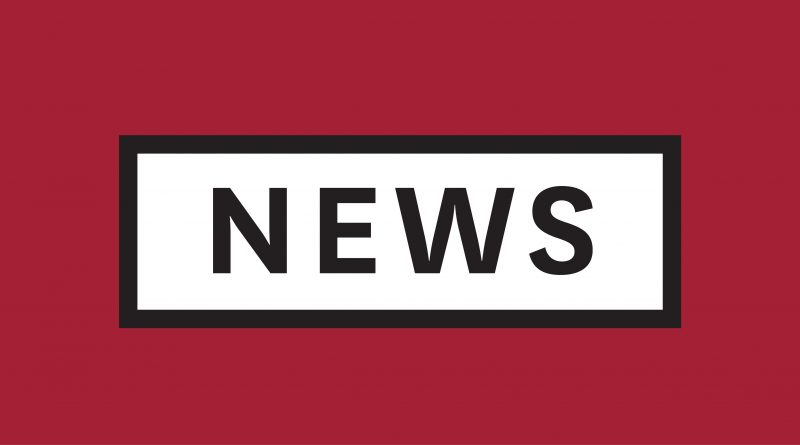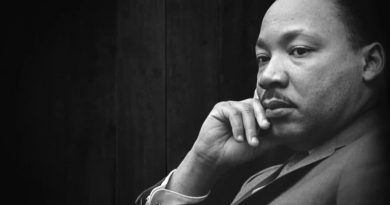Philadelphia prepares for green phase after a month of protesting
The Department of Public Health released a gradual plan to move Philadelphia into Gov. Tom Wolf’s “green” phase of reopening, with yellow phase restrictions beginning to lift on June 26.
The Department of Public Health created the “Reopening with Care” plan on June 18 after tracking declines in Philadelphia’s daily COVID-19 case count and number of hospitalized patients for a month. These declines were reported despite thousands of Philadelphians defying the city’s restriction on social gathering while protesting in solidarity with Black victims of police brutality, according to a progress report from the City of Philadelphia.
Temple University students who attended protests in Philadelphia, the surrounding suburbs and neighboring cities said that protesters appeared to widely practice health safety measures, such as distancing from one another when possible.
“I think that people were trying to keep in mind the six feet when they were able to,” said Cheyenne Corin, a spring 2020 graduate who received her master’s in journalism and attended protests in Philadelphia and Norristown. “I think that people had more distance between them than they would have if it was a normal protest, where it’s usually like right on top of each other.”
“Everybody tried to maintain a distance and tried to stay with the groups that they were in,” said Jonathan Fragozo-Gonzalez, a junior Spanish education major who attended protests in Philadelphia and Atlantic City.
However, Nic Uff, a junior Media Studies and Production major who attended a protest at City Hall, said that it was nearly impossible to practice social distancing in crowded areas of Center City.
“On the west side of City Hall, there were just so many people it was kind of harder, almost maybe impossible, to really practice social distancing,” Uff said.
Additionally, protesters widely wore face masks, said Claudia Salvato, a spring 2020 graduate who majored in journalism and attended protests in Philadelphia and West Chester.
“I remember specifically in Philadelphia seeing one person nearby me without a mask and a volunteer very quickly provided him with a mask at the beginning,” Salvato said. “I actually took my mask down for a moment to drink some water and some girls looked at me and pointed at me and sniffled judgmentally.”
Krys Johnson, an assistant professor of epidemiology and biostatistics at the College of Public Health, said that the protesters’ decision to practice health safety measures may prevent Pennsylvania from experiencing the record spike in COVID-19 cases seen in states like Florida and Texas.
“While there’s still ample opportunity with people yelling and being close to one another to increase the number of cases, I think those in Philly participating in the protests actually did so in a safer way,” Johnson said. “So we might not see as large a peak in Philadelphia compared with other places where masks weren’t used as frequently.”
As a precaution, the Department of Public Health tweeted that protesters should get tested for COVID-19 seven days after attending a protest, self-monitor for COVID-19 symptoms for 14 days after the protest and distance from others as much as possible. Protesters do not have to disclose that they attended a protest when requesting to be tested, the Department of Public Health tweeted. Instead, they can say that they were exposed to a confirmed or suspected COVID-19 case.
Because protesters have the option to not mention the protests when requesting a test, Johnson said it may not be possible to fully measure the protests’ effect on the spread of COVID-19 in Philadelphia.
“Because they’re trying to maintain people’s anonymity, we may not have the data on that,” Johnson said.
However, Philadelphia has experienced a spike in COVID-19 cases over the past 10 days, particularly among teenagers ages 16 to 19. This may be from attending social gatherings, said Thomas Farley, the city’s health commissioner, at a press conference on June 26.
“We’re doing more tests, but that increased testing does not explain the increased case count because the percent positive is also increasing,” Farley said.
Wolf moved Philadelphia county into the green phase on June 26, with Kenney planning to enact green phase policies by July 3. However, Farley said that Philadelphia’s recent spike in cases may cause the city to continue enforcing yellow phase restrictions past July 3.
The Department of Public Health recommends that anyone who is experiencing COVID-19 symptoms, has had contact with a known or suspected COVID-19 case, is a public safety or essential worker or works in a congregate setting should be tested for COVID-19 at one of Philadelphia’s 55 testing sites.




